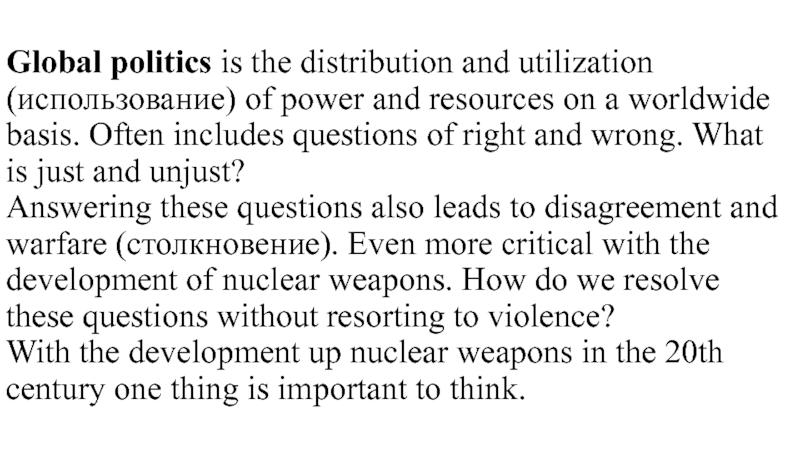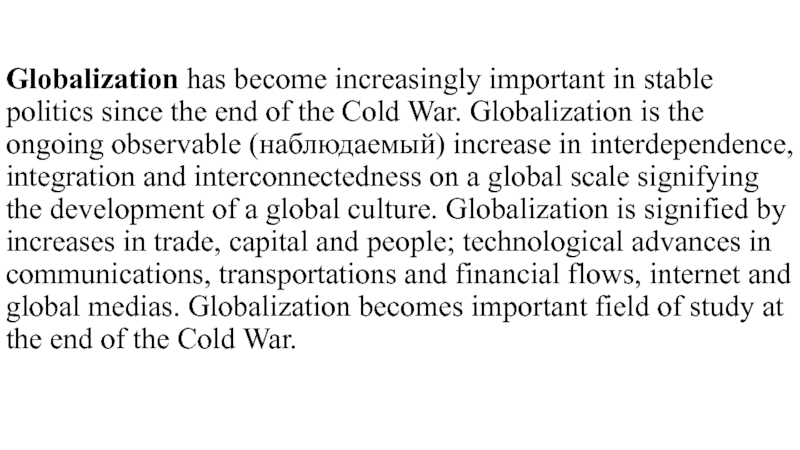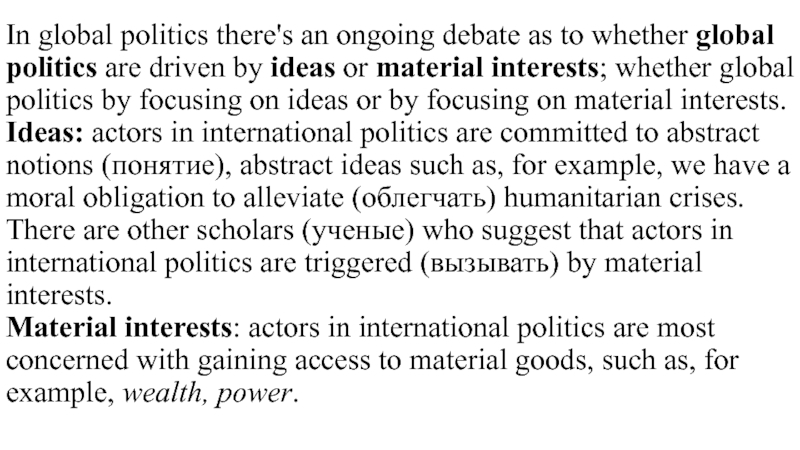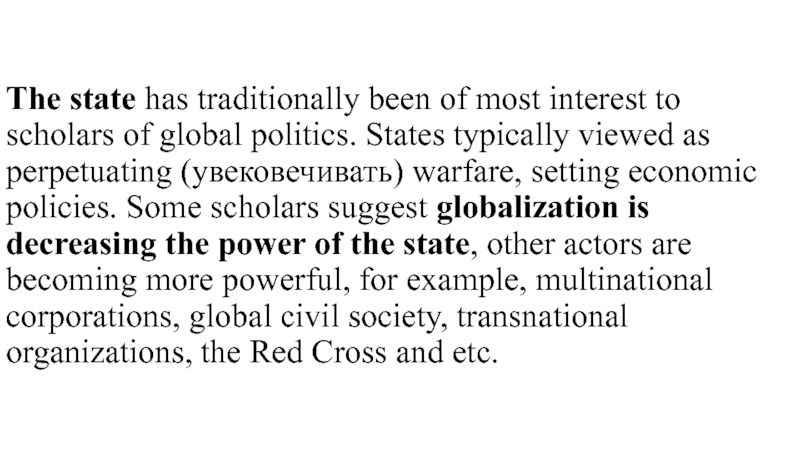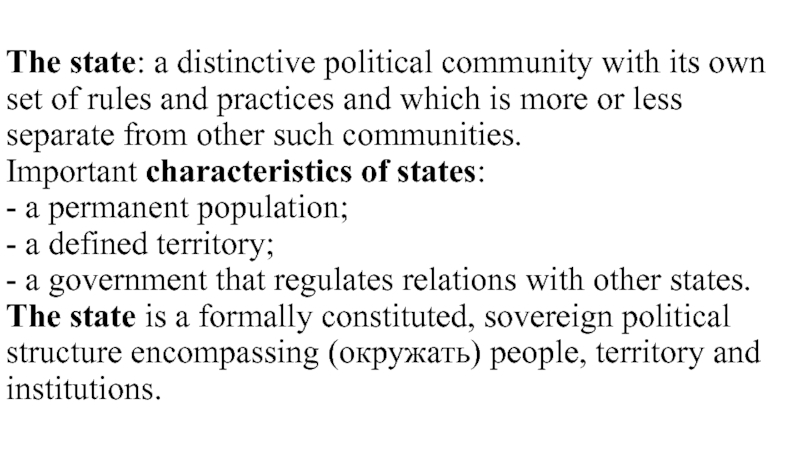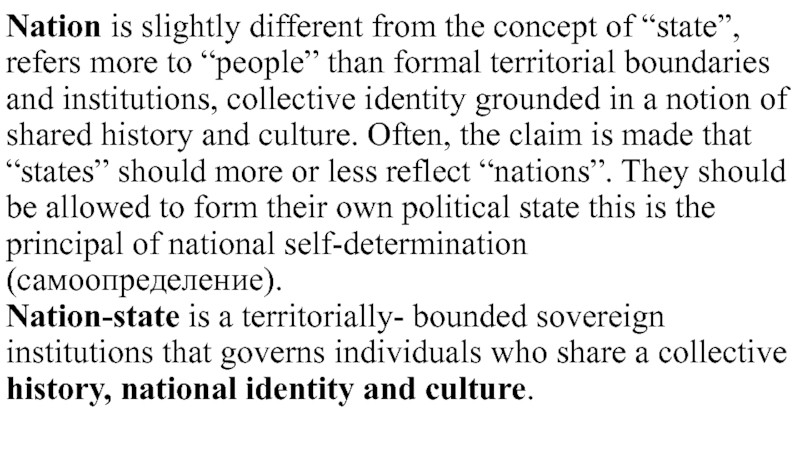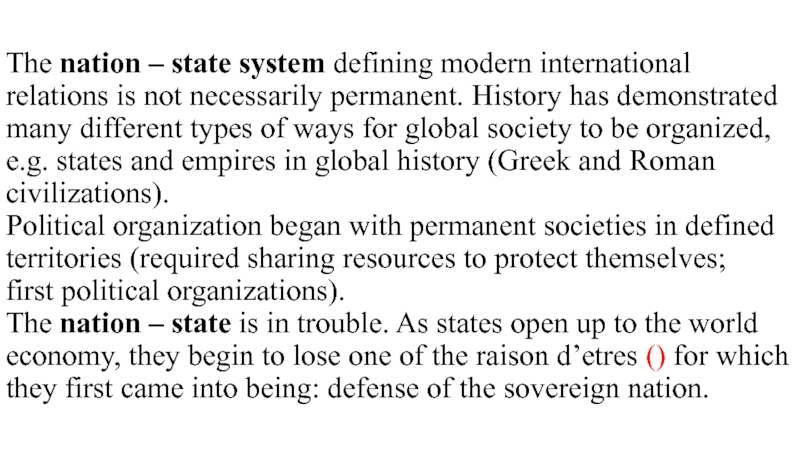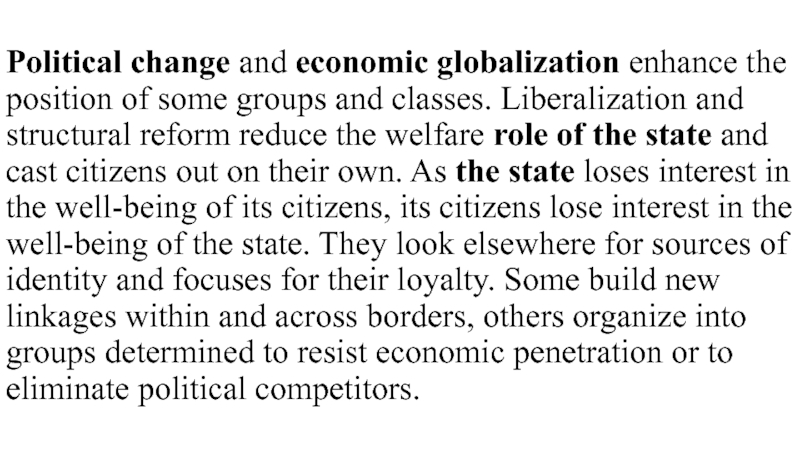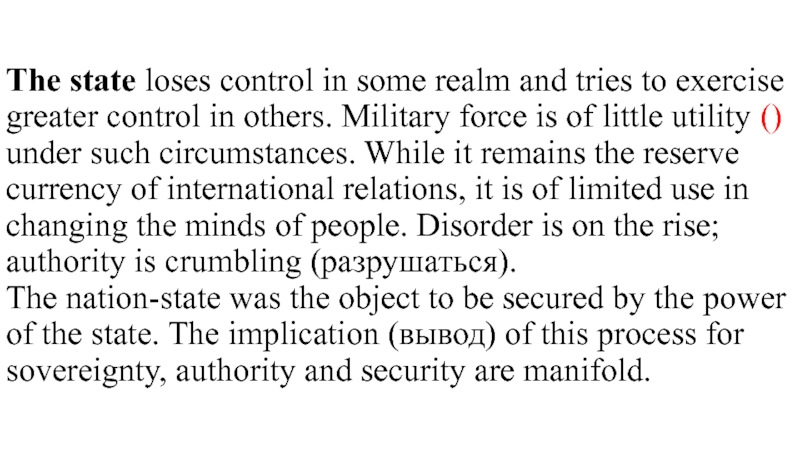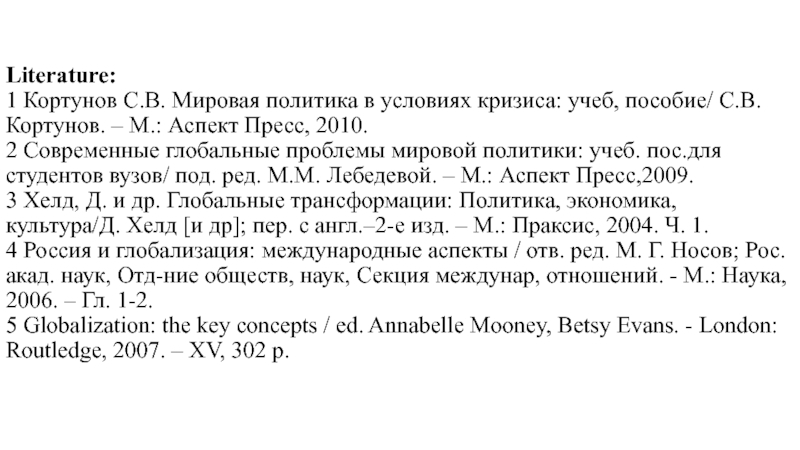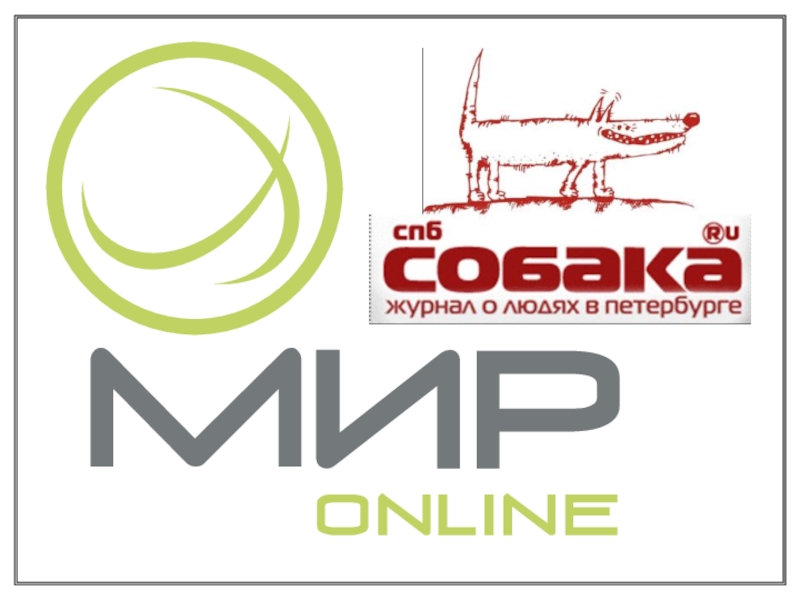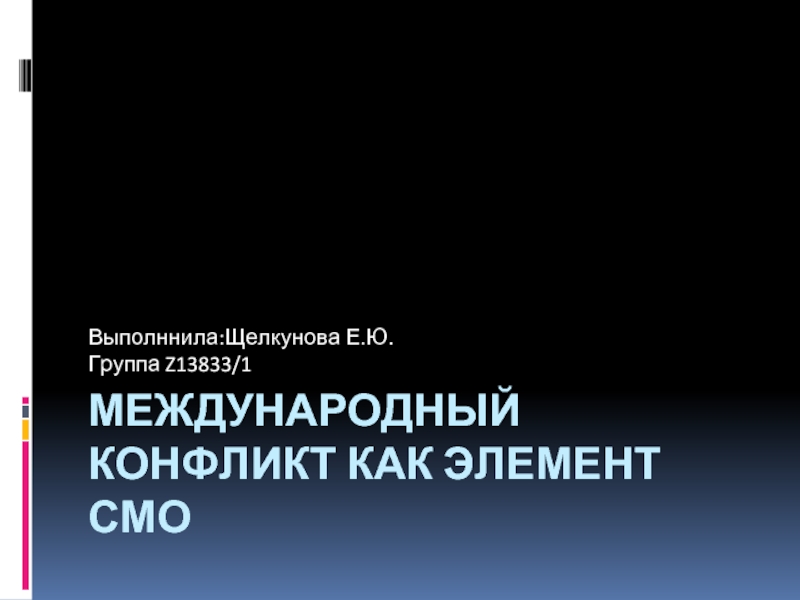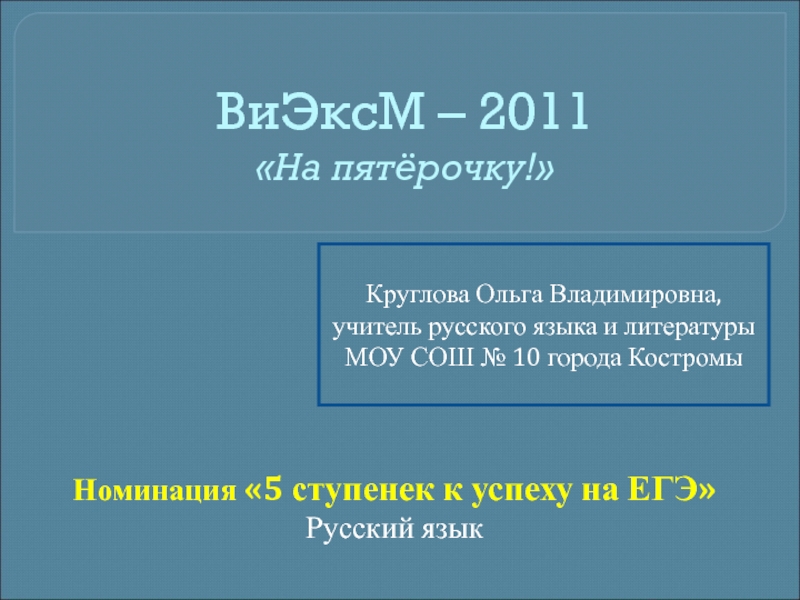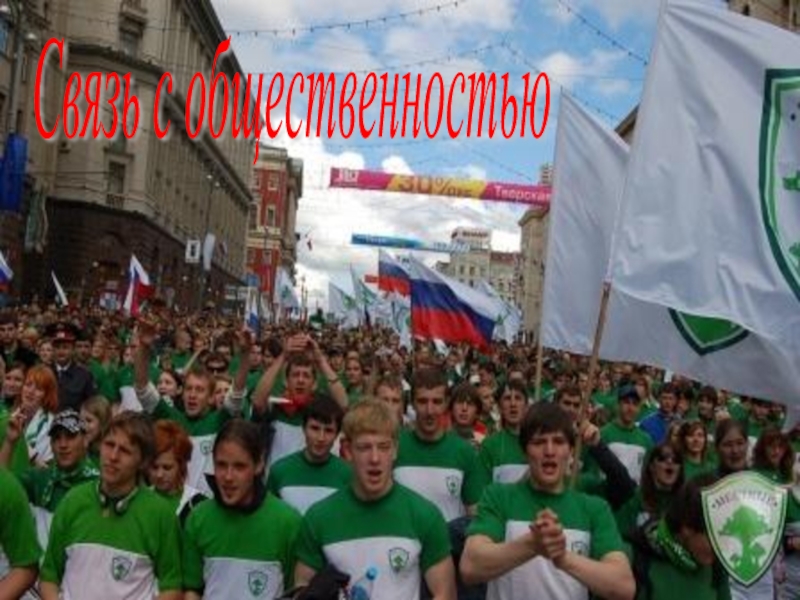material interests.
States and Nation in contemporary global politics.
The nation – state system.
- Главная
- Разное
- Дизайн
- Бизнес и предпринимательство
- Аналитика
- Образование
- Развлечения
- Красота и здоровье
- Финансы
- Государство
- Путешествия
- Спорт
- Недвижимость
- Армия
- Графика
- Культурология
- Еда и кулинария
- Лингвистика
- Английский язык
- Астрономия
- Алгебра
- Биология
- География
- Детские презентации
- Информатика
- История
- Литература
- Маркетинг
- Математика
- Медицина
- Менеджмент
- Музыка
- МХК
- Немецкий язык
- ОБЖ
- Обществознание
- Окружающий мир
- Педагогика
- Русский язык
- Технология
- Физика
- Философия
- Химия
- Шаблоны, картинки для презентаций
- Экология
- Экономика
- Юриспруденция
Politics in a globalizing world презентация
Содержание
- 1. Politics in a globalizing world
- 2. Global politics is the distribution and utilization
- 3. In global politics it is security. What
- 4. Globalization has become increasingly important in stable
- 5. In global politics there's
- 6. The state has traditionally been of most
- 7. The state: a distinctive political community with
- 8. Nation is slightly different from the concept
- 9. The nation – state system defining modern
- 10. Political change and economic globalization enhance the
- 11. The state loses control in some realm
- 12. Literature: 1 Кортунов С.В. Мировая политика в
Слайд 2Global politics is the distribution and utilization (использование) of power and
resources on a worldwide basis. Often includes questions of right and wrong. What is just and unjust?
Answering these questions also leads to disagreement and warfare (столкновение). Even more critical with the development of nuclear weapons. How do we resolve these questions without resorting to violence?
With the development up nuclear weapons in the 20th century one thing is important to think.
Слайд 3In global politics it is security. What is security issues? Security:
trying to protect one's nation from physical threats from military action, we can talk about nuclear special weapons and we can also talk about terrorist networks. Security also includes: food security, water security, energy security, and of course we can also consider environmental security.
Слайд 4Globalization has become increasingly important in stable politics since the end
of the Cold War. Globalization is the ongoing observable (наблюдаемый) increase in interdependence, integration and interconnectedness on a global scale signifying the development of a global culture. Globalization is signified by increases in trade, capital and people; technological advances in communications, transportations and financial flows, internet and global medias. Globalization becomes important field of study at the end of the Cold War.
Слайд 5 In global politics there's an ongoing debate as to whether global
politics are driven by ideas or material interests; whether global politics by focusing on ideas or by focusing on material interests.
Ideas: actors in international politics are committed to abstract notions (понятие), abstract ideas such as, for example, we have a moral obligation to alleviate (облегчать) humanitarian crises.
There are other scholars (ученые) who suggest that actors in international politics are triggered (вызывать) by material interests.
Material interests: actors in international politics are most concerned with gaining access to material goods, such as, for example, wealth, power.
Слайд 6The state has traditionally been of most interest to scholars of
global politics. States typically viewed as perpetuating (увековечивать) warfare, setting economic policies. Some scholars suggest globalization is decreasing the power of the state, other actors are becoming more powerful, for example, multinational corporations, global civil society, transnational organizations, the Red Cross and etc.
Слайд 7The state: a distinctive political community with its own set of
rules and practices and which is more or less separate from other such communities.
Important characteristics of states:
- a permanent population;
- a defined territory;
- a government that regulates relations with other states.
The state is a formally constituted, sovereign political structure encompassing (окружать) people, territory and institutions.
Слайд 8Nation is slightly different from the concept of “state”, refers more
to “people” than formal territorial boundaries and institutions, collective identity grounded in a notion of shared history and culture. Often, the claim is made that “states” should more or less reflect “nations”. They should be allowed to form their own political state this is the principal of national self-determination (самоопределение).
Nation-state is a territorially- bounded sovereign institutions that governs individuals who share a collective history, national identity and culture.
Слайд 9The nation – state system defining modern international relations is not
necessarily permanent. History has demonstrated many different types of ways for global society to be organized, e.g. states and empires in global history (Greek and Roman civilizations).
Political organization began with permanent societies in defined territories (required sharing resources to protect themselves;
first political organizations).
The nation – state is in trouble. As states open up to the world economy, they begin to lose one of the raison d’etres () for which they first came into being: defense of the sovereign nation.
Слайд 10Political change and economic globalization enhance the position of some groups
and classes. Liberalization and structural reform reduce the welfare role of the state and cast citizens out on their own. As the state loses interest in the well-being of its citizens, its citizens lose interest in the well-being of the state. They look elsewhere for sources of identity and focuses for their loyalty. Some build new linkages within and across borders, others organize into groups determined to resist economic penetration or to eliminate political competitors.
Слайд 11The state loses control in some realm and tries to exercise
greater control in others. Military force is of little utility () under such circumstances. While it remains the reserve currency of international relations, it is of limited use in changing the minds of people. Disorder is on the rise; authority is crumbling (разрушаться).
The nation-state was the object to be secured by the power of the state. The implication (вывод) of this process for sovereignty, authority and security are manifold.
Слайд 12Literature: 1 Кортунов С.В. Мировая политика в условиях кризиса: учеб, пособие/ С.В.
Кортунов. – М.: Аспект Пресс, 2010.
2 Современные глобальные проблемы мировой политики: учеб. пос.для студентов вузов/ под. ред. М.М. Лебедевой. – М.: Аспект Пресс,2009.
3 Хелд, Д. и др. Глобальные трансформации: Политика, экономика, культура/Д. Хелд [и др]; пер. с англ.–2-е изд. – М.: Праксис, 2004. Ч. 1.
4 Россия и глобализация: международные аспекты / отв. ред. М. Г. Носов; Рос. акад. наук, Отд-ние обществ, наук, Секция междунар, отношений. - М.: Наука, 2006. – Гл. 1-2.
5 Globalization: the key concepts / ed. Annabelle Mooney, Betsy Evans. - London: Routledge, 2007. – XV, 302 p.

